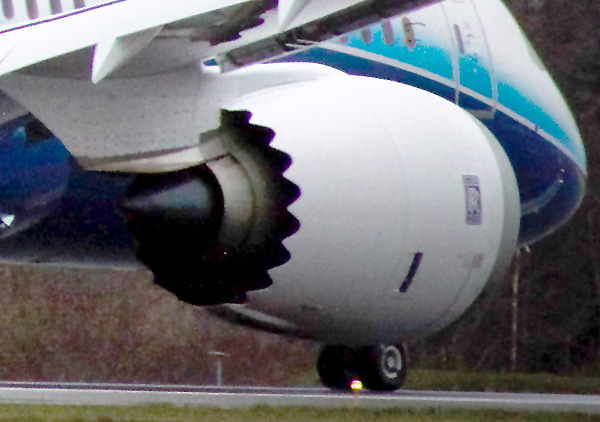Governments urged to adopt airline carbon offset plan
06 September, 2016
3 min read


Governments are being urged to work with the aviation industry to fight climate change as the UN-backed International Civil Aviation Organisation heads towards a vote on a global carbon offset scheme.
Member states at ICAO's 39th General Assembly in Montreal later this month are expected to agree to a less ambitious version of a scheme proposed by the International Air Transport Association to help airlines reduce carbon emissions.
IATA had proposed a mandatory global carbon offset scheme to help the industry pursue its aim of carbon neutral growth from 2020 but a draft ICAO text released on September 2 called for a voluntary “pilot and implementation period’’ between 2021 and 2027 before it becomes mandatory from 2027.
Nonetheless, new IATA director general Alexandre de Juniac said he was optimistic the industry was on the brink of an historic agreement on the Carbon Offset and Reduction Scheme for International Aviation (CORSIA) .
“The aviation industry would have preferred a more ambitious timeline than is currently outlined in the draft text,’’ he said. “However, what is most important is that the substance of the negotiating text will allow for meaningful management of aviation’s carbon footprint. Airlines support it and urge governments to agree when they meet at ICAO.’’
IATA is urging governments to commit to the voluntary scheme as soon as possible and pointed to their commitment to voluntary climate measures agreed in Paris last year.
“We expect no less of an outcome from the ICAO Assembly,’’ de Juniac said. “The industry is ready. There is really no reason for governments not to volunteer. Indeed, the United States, China, Canada, Indonesia, Mexico, the Marshall Islands, and 44 European countries have already indicated their willingness to participate. ‘’
Air Transport Action Group executive director Michael Gill argued against a pilot concept for the scheme.
“We do not feel a pilot phase is necessary, because airlines and other aircraft operators will be ready and able to commence the scheme from 2020,’’ he said. “Offsetting is not a new concept. Indeed, a large number of airlines already offer offsetting to passengers on a voluntary basis. What the industry does need is certainty, with a clear set of metrics defined before the scheme commences and consistently applied throughout its lifetime.’
Airlines have proposed a four-pillar strategy to reach their goal of carbon neutral growth from 2020 and an ambitious target of a 50 per cent a reduction in net C02 emissions by 2050, relative to 2005 levels.
Improved technology in areas such as sustainable biofuels, more efficient aircraft operations and infrastructure improvements are expected to take them much of the way but they need a market-based measure to get them over the line.
“Airlines are investing heavily in new technology, the development of sustainable alternative fuels and operational efficiency,’’ de Juniac said.
“Our message to the states attending the ICAO Assembly is that they must match our efforts. This is particularly the case with investments to modernize air navigation infrastructure which will bring cost-efficiency benefits along with improved environmental performance.
“Similarly, government incentives to commercialize sustainable alternative fuels are critical to unlocking their environmental benefits with increased production capacity and lower costs.’’
Get the latest news and updates straight to your inbox
No spam, no hassle, no fuss, just airline news direct to you.
By joining our newsletter, you agree to our Privacy Policy
Find us on social media
Comments
No comments yet, be the first to write one.

